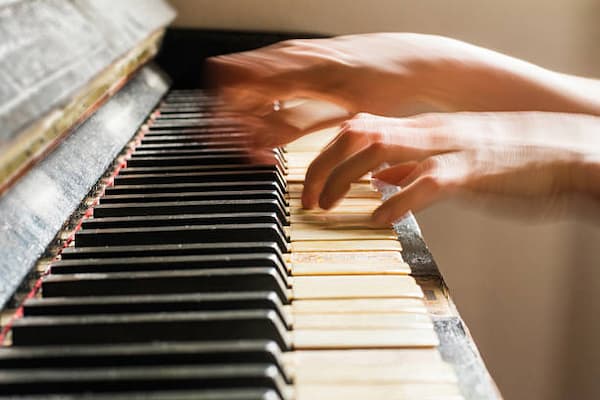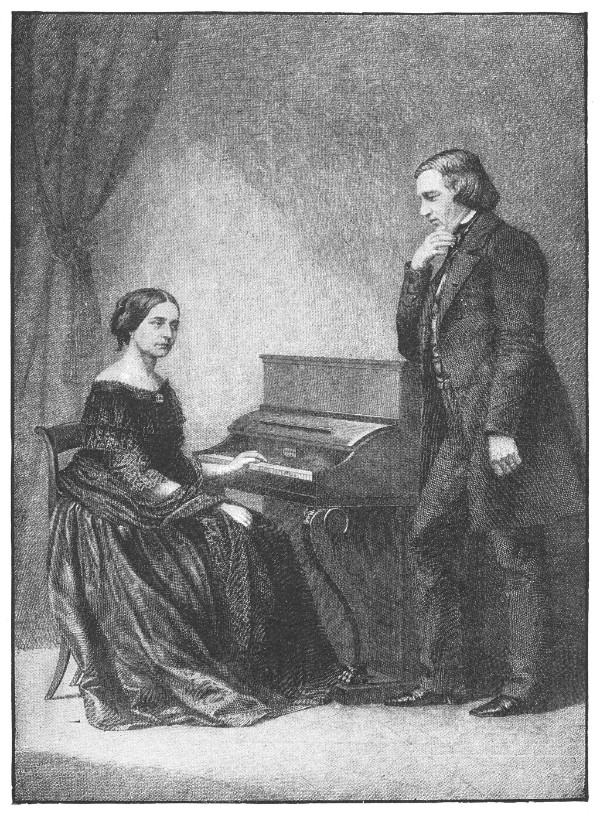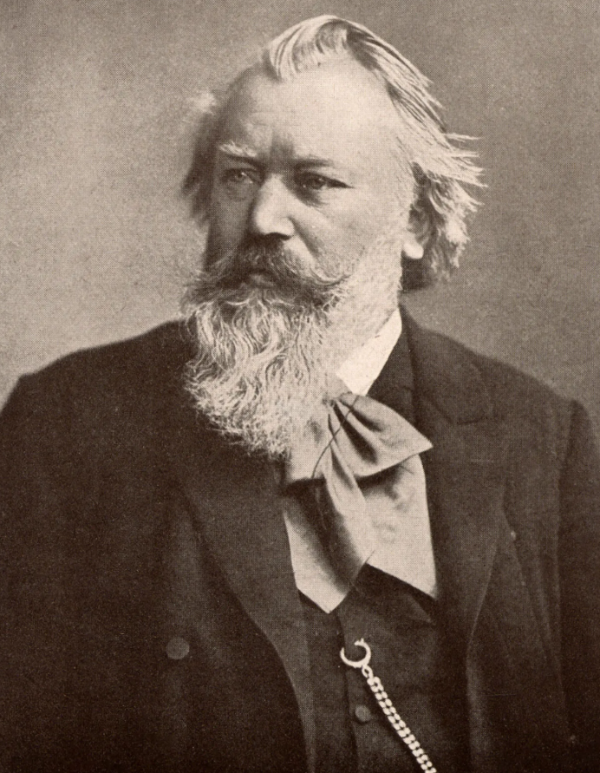The phrase “Do not mistake activity for progress” serves as a powerful reminder that being busy is not the same as being effective. Nowhere is this more relevant than in the life of a musician, where countless hours are spent practicing, refining technique, and mastering pieces. A romantic misconception persists, amongst musicians themselves as well as the general public, that musicians must spend hours and hours in the practice room to achieve perfection.

This article explores how the distinction between mere activity and genuine progress is particularly important for musicians, and how understanding this difference by employing focussed, thoughtful practice – quality rather than quantity – can lead to more productive and meaningful practice and results.
For many musicians, the act of practicing can become habitual. Sitting down you’re your instrument, playing through scales, or repeating pieces from memory may feel productive because it takes time and effort. But if these routines are executed without thoughtful engagement, they may offer little return in terms of technical and artistic development. In other words, you can be very active without actually improving. This is where the warning not to conflate activity with progress becomes critical. Just because a musician is practicing does not mean they are practicing well.
Claude Debussy: 12 Etudes: Nos. 1-10 – No. 1. Pour les cinq doigts, “d’apres Monsieur Czerny” (Jean-Efflam Bavouzet, piano)

Effective practice requires focus, intention, and feedback. It’s not just about the quantity of time spent, but the quality of that time. For example, a violinist who practices a difficult passage for thirty minutes without addressing the underlying technical issues – such as bowing technique, intonation, or rhythm – is likely to repeat and reinforce mistakes. This is, in effect, simply “going through the motions” rather than engaging in deep, thoughtful, considered practicing. In contrast, a musician who spends just ten minutes isolating and correcting these problems may make far more progress. Thus, mindful, goal-oriented practice can achieve more in less time than mindless repetition.
The concept of deliberate practice, popularised by psychologist Anders Ericsson, is particularly useful in this context. Deliberate practice involves working just beyond one’s current abilities, identifying weaknesses, setting specific goals, and seeking constructive feedback. For musicians, this might mean slowing down a difficult section, using a metronome, recording oneself for critique, or working with a teacher, mentor or even a trusted colleague or friend to identify areas for improvement. Each of these activities is targeted and purposeful, aimed at achieving real growth rather than simply filling practice hours.
Niccolò Paganini: 24 Caprices, Op. 1, MS 25: No. 13 in B-Flat Major: Allegro (Fenella Humphreys, violin)
In addition, mistaking activity for progress can lead to frustration, burnout and even injury. (‘over-practicing’ is a real issue!). Musicians may feel that despite spending many hours practicing, they are not advancing, which can be discouraging and demotivating. Understanding that not all practice is equal allows you to assess the effectiveness of your practice routines and make the necessary adjustments. It encourages reflection, a crucial aspect of productive practicing: What am I trying to achieve? Is this exercise helping me reach that goal? What could I change to improve my results?
By focusing on the quality rather than the quantity of practice, musicians can ensure that their activity translates into meaningful progress. Ultimately, it is not how much one practices, but how one practices, that leads to mastery.
For more of the best in classical music, sign up for our E-Newsletter



